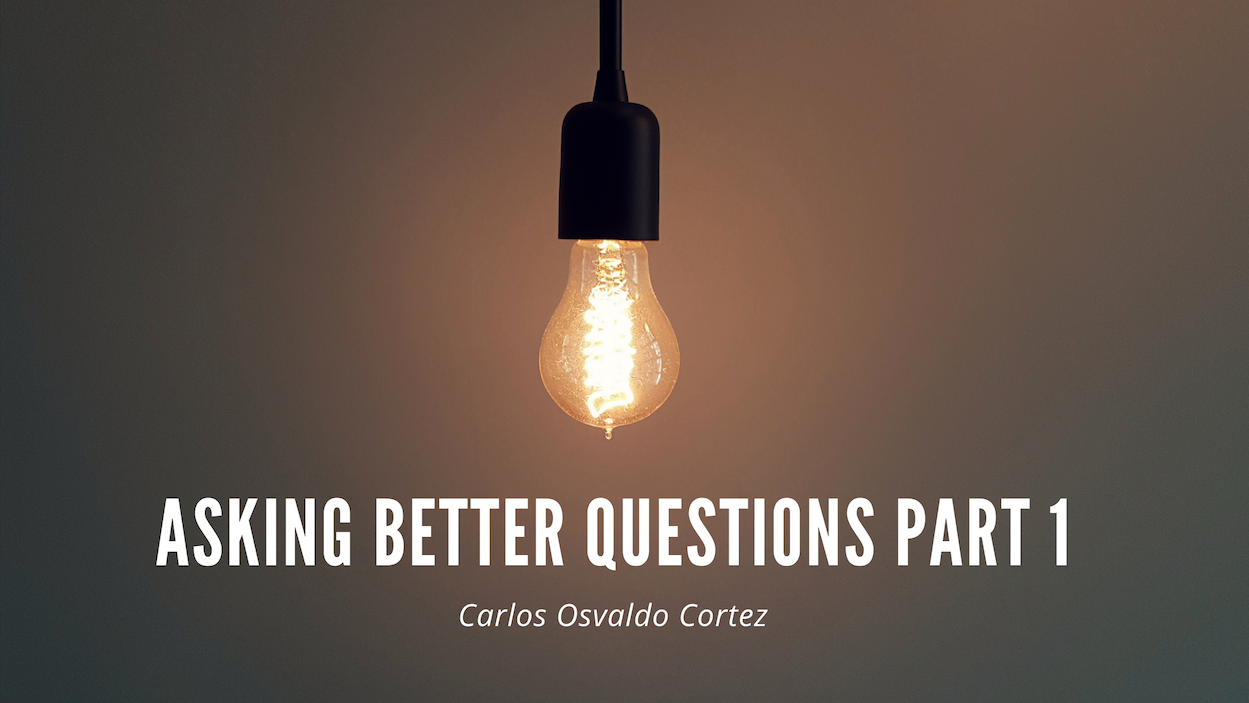
Often, when educators consider improving the use of questions in the classroom they focus on solely their end. As teachers, it’s natural to focus on the depth, pacing, accessibility, and relevance of the questions you’re asking. Furthermore, things such as resources, the variety, and the nature of the questions take center stage. All of these things are important, however, something that is often overlooked is equally imperative to education: helping students forming and asking their own questions.
An individual’s ability to function in society is dependent on their ability to ask questions and seek answers. Particularly, questions and answers that pertain to their own personal values and goals. Asking questions and finding answers is how we learn. Curiosity is important. In the educational system, how well a student does on an assignment can depend entirely on how well they understand the purpose and attributes of the question.
By designing student-focused assessments and curriculum teachers can help foster professional development in wonderful ways. There are a number of methods that educators can use to assist students in becoming better questioners.
It’s imperative that teachers encourage students to question what they read or see. Whether it’s a social issue, an image, or a specific book chapter, students can be taught to generate questions about anything when provided with the opportunity to do so. A great way to produce better questions is to have students categorize them into questions. For instance, aside from the typical “what, when, why, how, where”, group questions into different categories such as “one-word answers” or “debatable”.
Everyone should have a clear understanding of the differences between subjective and objective answers. By categorizing questions students can learn to take the time to analyze different questions, thoughts, and answers by their purpose and varying attributes.
After you’ve created different groups of questions and answers establish a set of criteria for questioning. Students will ask better questions when they are given criteria to base the rigor or depth that is required. Educators should teach that there are many different reasons for a question and that it’s necessary to first understand the purpose of asking something. Are you trying to uncover a bias? Clarify a misconception? Evaluate information or analyze an error? By making specific guidelines for students, the criteria can help them to form more in-depth questions that allow them to achieve different purposes.
Originally published on Carlos Osvaldo Cortez’s website.

